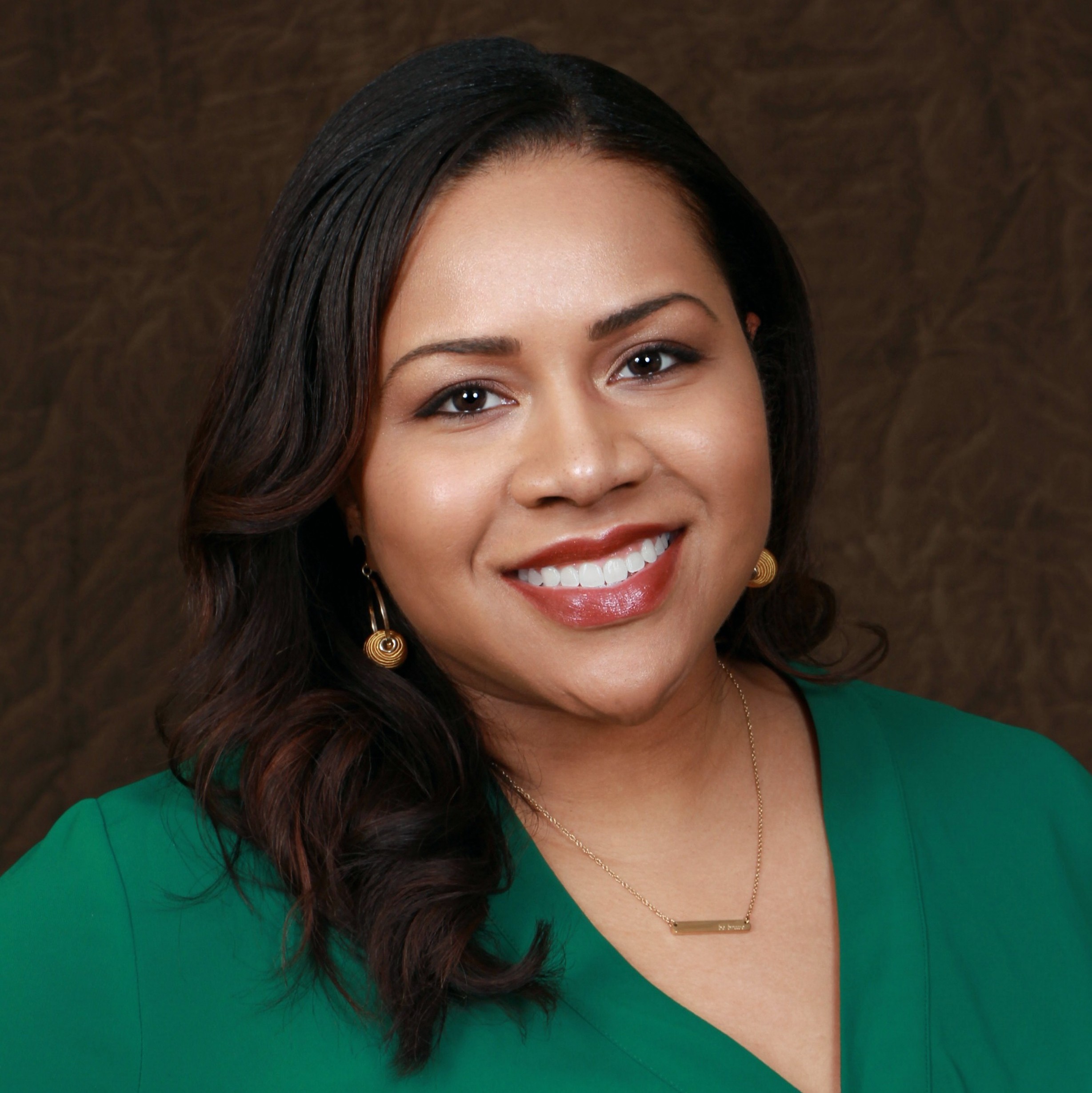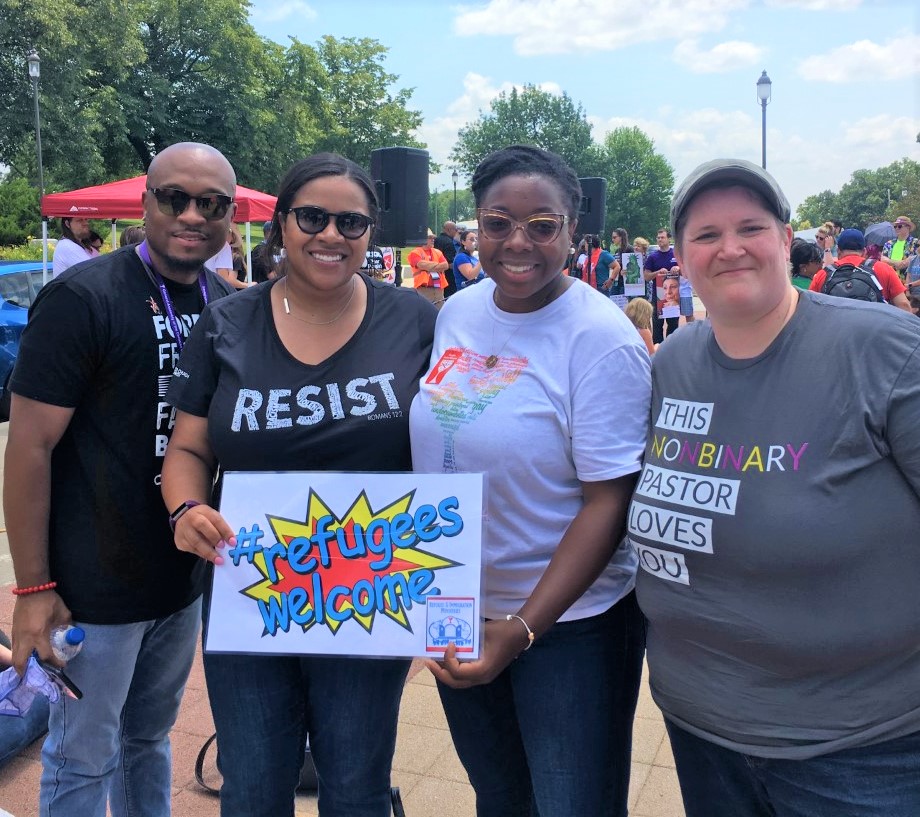It Takes Everyone: Sharing the Load of Justice Work
 I remember my first General Assembly of the Christian Church (Disciples of Christ) vividly. It was 2015 in Columbus, Ohio and I was two years into my first pastoral call out of seminary, and eager to explore all there was to do and see within the Disciples world.
I remember my first General Assembly of the Christian Church (Disciples of Christ) vividly. It was 2015 in Columbus, Ohio and I was two years into my first pastoral call out of seminary, and eager to explore all there was to do and see within the Disciples world.
I was happy to see an engagement with social justice reflected in the long list of activities Disciples could participate in. I remember on that first day, a march for farmworkers’ rights was set to begin near the entrance of my hotel and make its way toward a nearby Wendy’s restaurant. If I wanted, I could have easily walked downstairs and been among the folks at the front of the crowd who got to hold up the large protest banners. Or, if I preferred, I could have gone late and easily brought up the rear.
But the only thing that seemed easy, or even physically possible, for me that first night at General Assembly was lying down and staring at the ceiling. To get out of bed felt impossible. I didn’t make it to the demonstration. My contribution to the movement for farmworkers’ rights that evening was limited to scrolling through my phone, watching my colleagues post pictures on Instagram, and feeling guilty for not doing “enough.”
This was a difficult and uncomfortable space for me to be in. I have worked closely with our Refugee and Immigration Ministries for years, and I felt like I should have been able to overcome this ’funk‘ I was in to show my support for the cause.
‘Funk’ is not a clinical term for anything, but it does describe the increasingly common feeling of exhaustion among activists and those who do advocacy work. The reality of carrying our own weight plus the weight of others and the injustices they’re experiencing is difficult to hold all at once.
Early in the Montgomery Bus Boycott, Rev. Dr. Martin Luther King Jr. described a similar feeling in his book Stride Toward Freedom.
It was a Friday night, January 27, 1956, and a weary King went home after a long day of work. The phone rang and a hateful voice on the other end said: “Leave Montgomery immediately if you have no wish to die.” King hung up the phone, walked to the kitchen with trembling hands, put on a pot of coffee, and sank into a chair at the kitchen table.

In his book, he says, “I was ready to give up. With my coffee sitting untouched before me when my courage had all but gone, I decided to take my problem to God. With my head in my hands, I bowed over the kitchen table and prayed aloud. The words I spoke to God at midnight are still vivid. ‘I am here taking a stand for what I believe is right. But I am afraid. The people are looking for me for leadership, and if I stand before them without strength and courage, they too will falter. I am at the end of my powers. I have nothing left. I’ve come to the point where I can’t face it alone.”
The reality is none of us can do ministry alone. Whenever I feel like I’m at the end of my powers, I try to lean into my understanding that we are created to be in relationship with one another and sometimes that means sharing the load with others and taking a break when we need one.
The NBA’s mission to “advocate for the well-being of humanity,” calls both the NBA and its partners to deepen their engagement in justice work and practices of care. In my role as Justice Coordinator, I hope to equip and guide our partners in transforming root causes of social injustice in ways that support and encourage their own wellness in addition to the communities they serve. My hope is that my role will serve as a constant reminder that justice and healing are part of God’s good news!